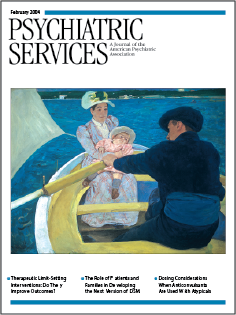The Thaw: Reclaiming the Person for Psychiatry: Second Edition, Revised and Expanded
The Thaw: Reclaiming the Person for Psychiatry is an excellent collection of essays and articles written in an engaging style. The author, Paul Genova, M.D., is a seasoned psychiatrist psychotherapist who articulates a position that reclaims psychodynamic psychiatry. From his extensive reading—which is evident from his references to professional, philosophical, biblical, and literary works—he builds compelling support for an open-ended approach to working with people suffering emotional pain. This book is enjoyable to read and appropriate for a wide audience, including mental health professionals and trainees, especially psychiatrists and psychiatric residents.
All mental health work has been affected dramatically by the corporate culture that now dominates the delivery of health care. Genova speaks to this depredation and its effects on the people who seek our help and the clinicians who attempt to alleviate their suffering. He addresses the dilemmas that psychiatry faces and the problems that the profession causes itself by abandoning wisdom in favor of knowledge. A defining characteristic of the position he takes is the need not to polarize. For example, he makes use of a medical model while decrying its overly simplistic application. His stance is not one of constant nurturing nor one that relies solely on psychoanalytic interpretation.
A point the author makes regularly is that we need to listen to the people with whom we work and avoid shrinking from painful aspects of what people tell us they are dealing with. Genova's emphasis is on the centrality of the person who is the patient. The therapist as person is also important in this collection. Through his vignettes the author demonstrates his effort to assist—or simply bear witness to—the healing that can take place if the person's story is permitted to unfold. His emphasis on narrative recognizes that although memory is reconstructed, telling one's story has therapeutic effect as well as heuristic value.
The book is not an attempt to define a comprehensive theoretical model. Genova never overstates a position and is remarkably open in describing his own fallibility. His personal transparency is more valuable than any attempt at cohesive theory or didactics. The reader's understanding develops not only from Genova's descriptions of how he thinks about a given situation or how he works but also from the style with which he writes. He often makes a point by citing and demonstrating contradiction. His poetic and flowing prose is a pleasure to read. The use of present tense, metaphor, double entendre, and plays on words speaks to our subconscious and so brings the reader—or learner—into the process as well.
Dr. Siegel is clinical assistant professor of psychiatry at the University of Vermont School of Medicine in Burlington.



